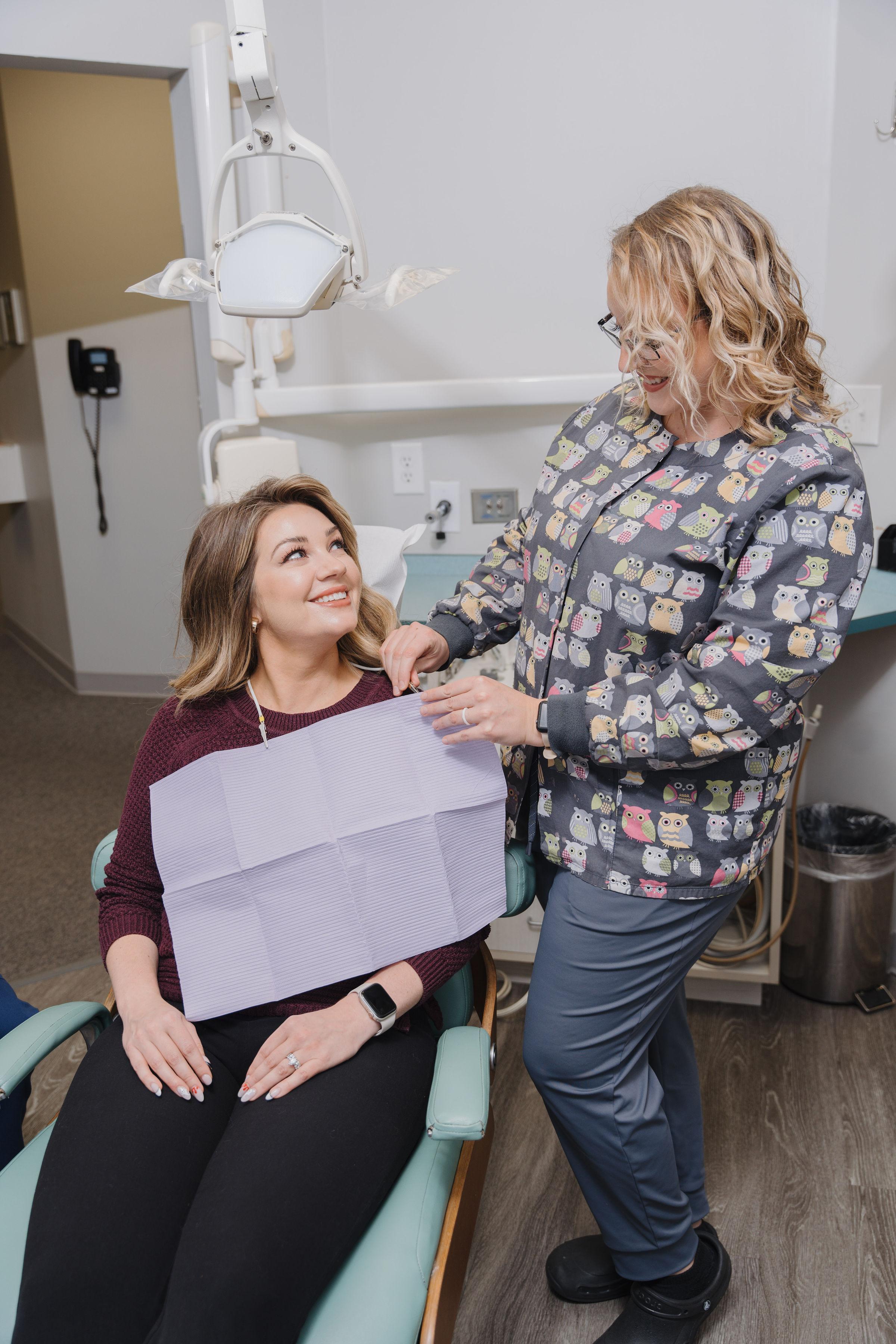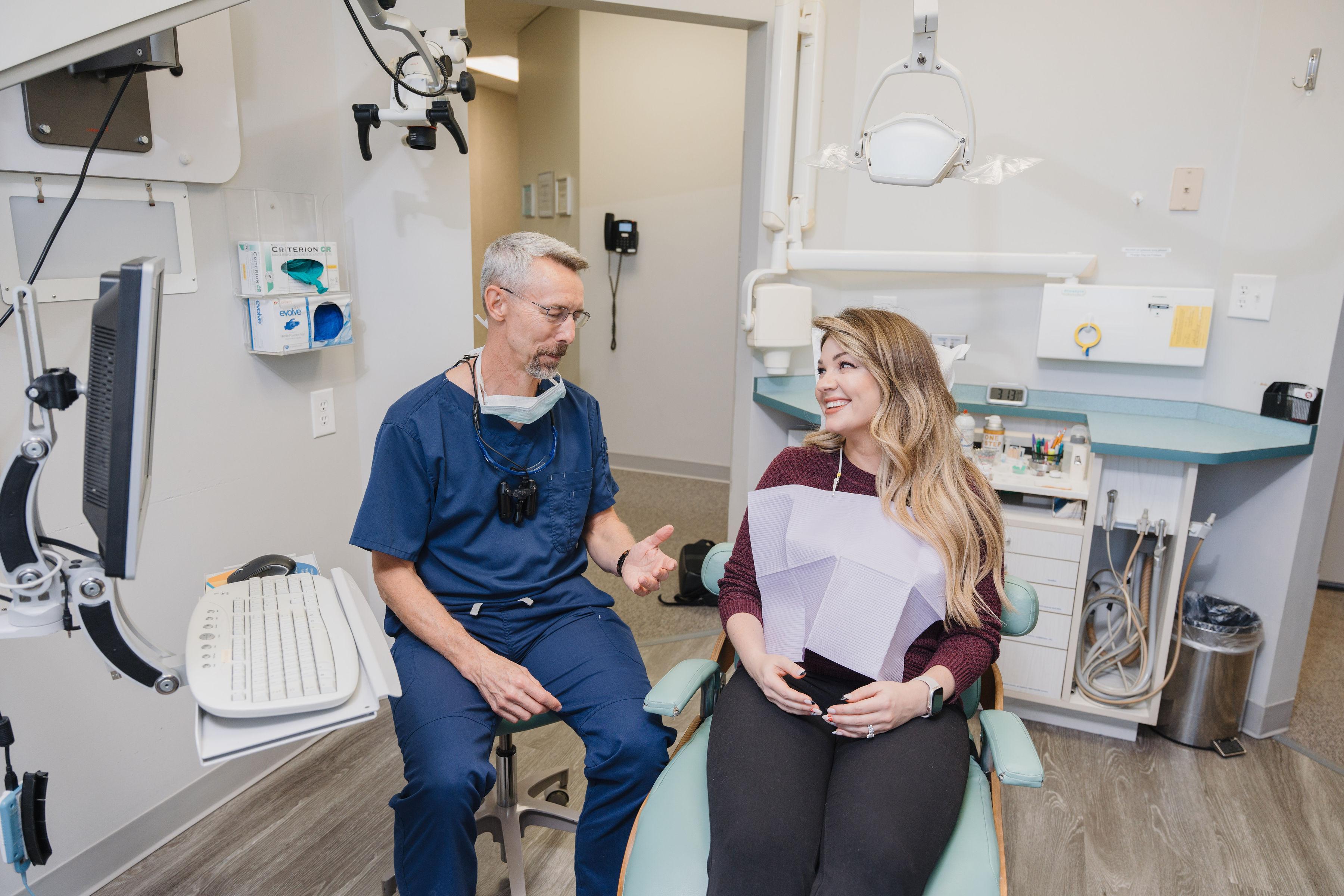What Is a Root Canal?
Root canal therapy, also known as a "root canal," is an optimal solution to preserve a tooth that is infected. Through this advanced endodontic treatment, you can effectively eradicate the infection, alleviate the discomfort of a toothache, and safeguard the tooth's longevity for many years ahead.
Root canal therapy is a dental procedure employed to address teeth that have become infected. Infections in teeth typically arise from oral trauma that fractures the tooth or from extensive decay that penetrates the hard external layers, resulting in a significant cavity.
The process involves the creation of an access point in the infected tooth, followed by the utilization of specialized instruments to thoroughly cleanse the tooth's interior and eradicate the infection. When executed with precision, a root canal treatment fully reinstates the tooth's functionality and shields it for a span of 10+ years, with many root canals lasting a lifetime.
Unraveling the Root Canal Treatment Procedure
Access to the Tooth
Your skilled endodontist will utilize a dental drill to delicately remove compromised enamel and establish an access point within your tooth. This carefully crafted opening will enable thorough cleaning of the tooth's interior.
Cleaning and Sanitization
Your dentist will skillfully remove decayed and damaged matter from the inner chambers of your tooth, employing specialized dental instruments. Furthermore, they will diligently flush and cleanse the interior, ensuring the elimination of any lingering bacteria.
Tooth Restoration
A biocompatible material is utilized to fill the interior of the tooth, replacing the absent pulp, followed by sealing it with a temporary crown or filling. At the completion of your root canal, we will provide documentation to your referring doctor about your procedure. You may need an additional appointment with your regular dentist for a permanent restoration.

Do I Need a Root Canal?
If you experience persistent toothache, sensitivity to hot and cold foods or drinks, or discomfort while chewing, it might indicate the need for a root canal procedure. Should you observe these symptoms, we encourage you to reach out to us for a consultation. Click the nearest location below to schedule a visit.
